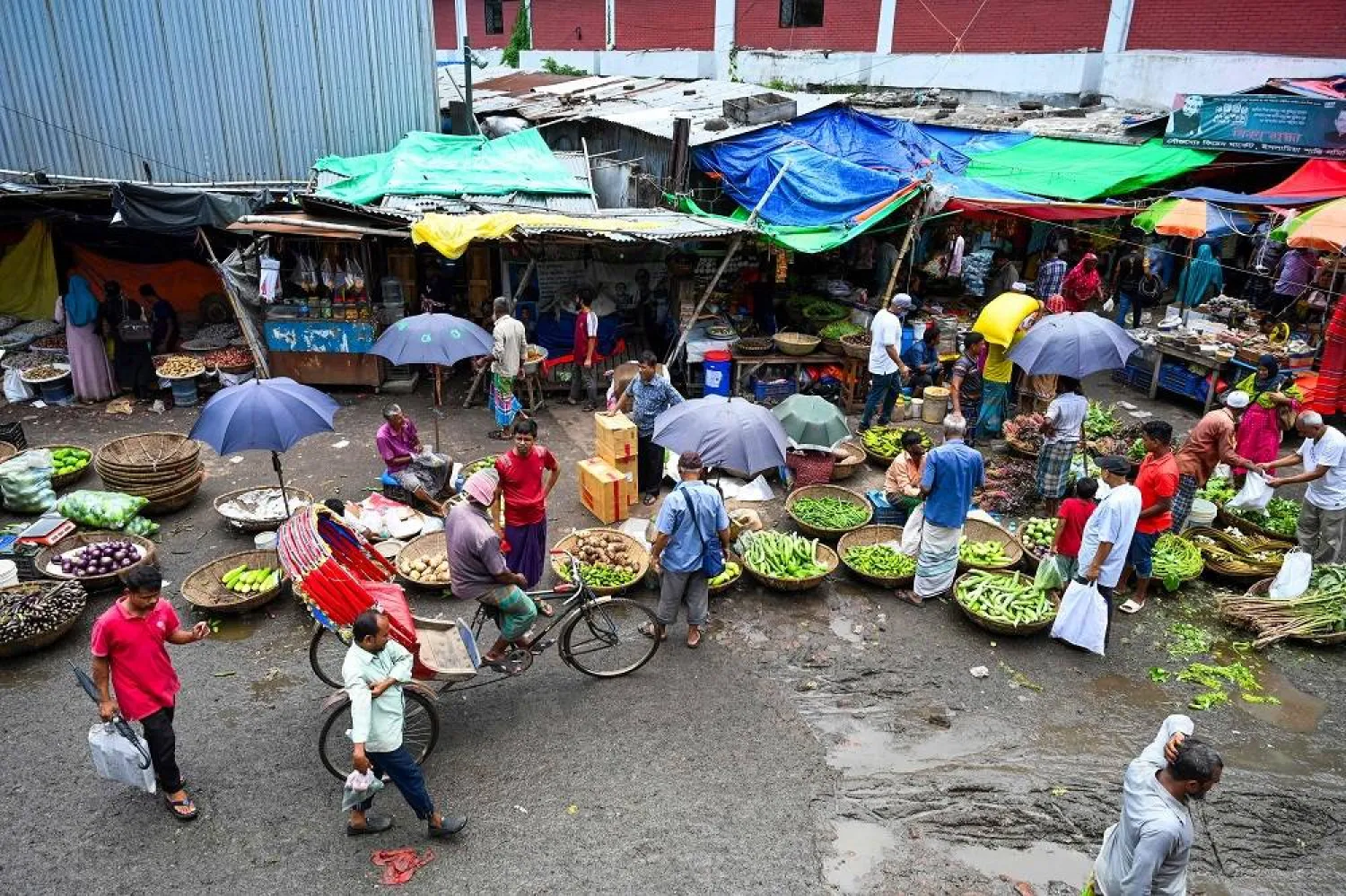Bangladesh said it had restored internet services as conditions return to normal after students called off protests against reforms to job quotas that killed nearly 150 people this month.
The agitation, which began in universities and colleges last month, flared into nationwide protests that injured thousands as security forces cracked down, leading to curfew, army patrols on the streets and internet suspension to rein in the violence.
"The broadband and mobile internet connectivity has been restored with full functionality by now," the foreign ministry said in a statement on Sunday.
"Other forms of communications, including land-based and mobile telecommunications, were functional through the entire period of unrest and violence."
It added, "The government wishes to assure all international partners that the overall situation is turning back to normal, thanks to the timely and appropriate measures taken by the government and the people."
The United Nations, international rights groups, the US and Britain were among critics of the use of force against protesters while asking Dhaka to uphold the right to peaceful protest.
Rights groups and critics say Prime Minister Sheikh Hasina has grown more autocratic during 15 years in power, marked by mass arrests of political opponents and activists, forced disappearances and extrajudicial killings, charges she denies.
Protests led by students broke out in June when a high court ordered the restoration of quotas in government jobs, including reservations for families of veterans of the 1971 war for independence from Pakistan.
Police fired rubber bullets, tear gas and lobbed sound grenades to disperse tens of thousands who flooded the streets.
Students agreed to pause their agitation after the Supreme Court scrapped most quotas on July 21, opening 93% of jobs to candidates selected on the basis of merit.
The "mostly peaceful and issue-specific students' movement" were not involved in violence, Hasina's government said, but blamed the main opposition Bangladesh Nationalist Party (BNP) and the Jamaat-e-Islami party, which denied the assertion.
The students called off the protests, which had fallen off after the Supreme Court ruling.
"Our main demand for logical reforms to the government job quota system has been met," student coordinator Nahid Islam said in a video message on Sunday from police headquarters, calling for educational institutions to re-open.
He was among three protesters held by police while being treated in hospital, his younger brother told Reuters, in a step police said was aimed at ensuring security for protesters.









